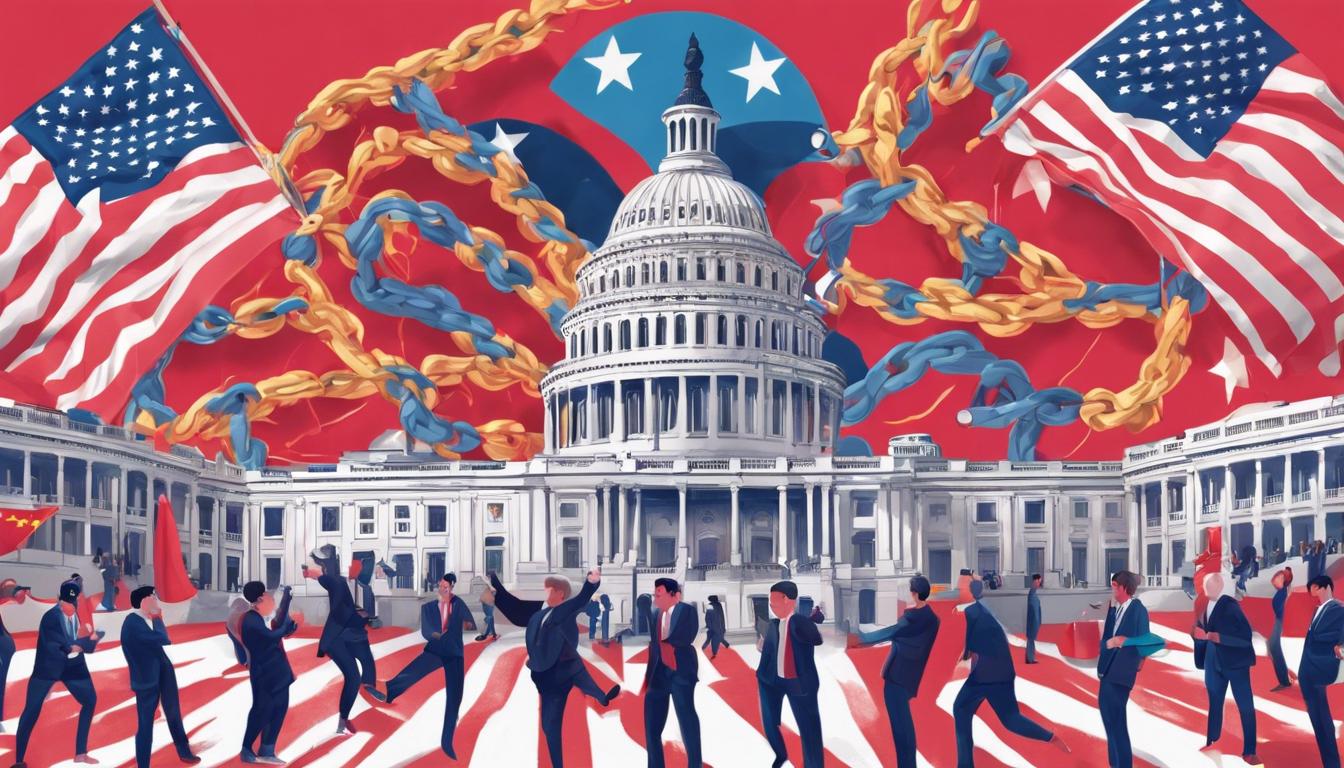The US House of Representatives passes a bill proposing the ban of TikTok unless its parent company, ByteDance, divests the platform to a non-Chinese entity, amidst national security and data privacy concerns.
The US House of Representatives has passed a bill aimed at banning TikTok from American app stores unless its Chinese parent company, ByteDance, sells it to a non-Chinese entity. The legislative move, which now awaits consideration by the Senate and a potential signature from President Joe Biden, could see TikTok either being sold within six months or facing app store removal and web access blockage in the United States. This situation arises amid concerns over national security and data privacy linked to TikTok’s Chinese ownership. Despite TikTok’s claims of user data protection, through initiatives like “Project Texas” in partnership with Oracle, lawmakers remain unconvinced of the platform’s safety.
TikTok, which has approximately 170 million users in the US, has been proactive in its efforts to lobby against the ban, even as the platform remains in the crosshairs of US-China tensions. Speculation about TikTok’s future legal actions or a potential sale as measures to avoid the ban adds to the complexity of the debate.
Further complicating matters is the perspective of US tech relations experts, like Dr. Aynne Kokas, who warn that the bill targeting TikTok could exacerbate US-China trade relations. Dr. Kokas advocates for privacy regulations that encompass all media companies operating in the US, rather than singling out companies based on foreign ownership. The debate reflects broader concerns about national security, privacy, and the implications of such a ban on international trade relations.
As the bill moves through the legislative process, its potential impact on TikTok’s sizable American user base, as well as on the broader landscape of social media and e-commerce platforms in the US, remains a contentious issue. The ongoing discussions highlight the divergent views on the necessity and scope of the proposed legislation, with some advocating for a more comprehensive approach to data privacy across all social media companies.













